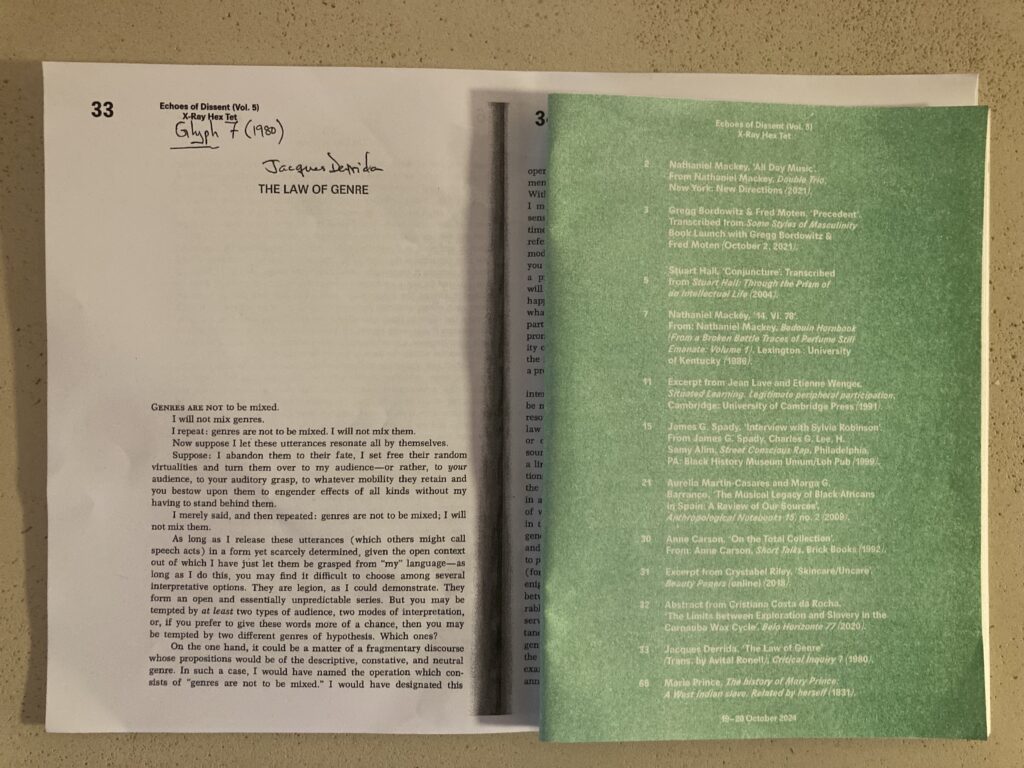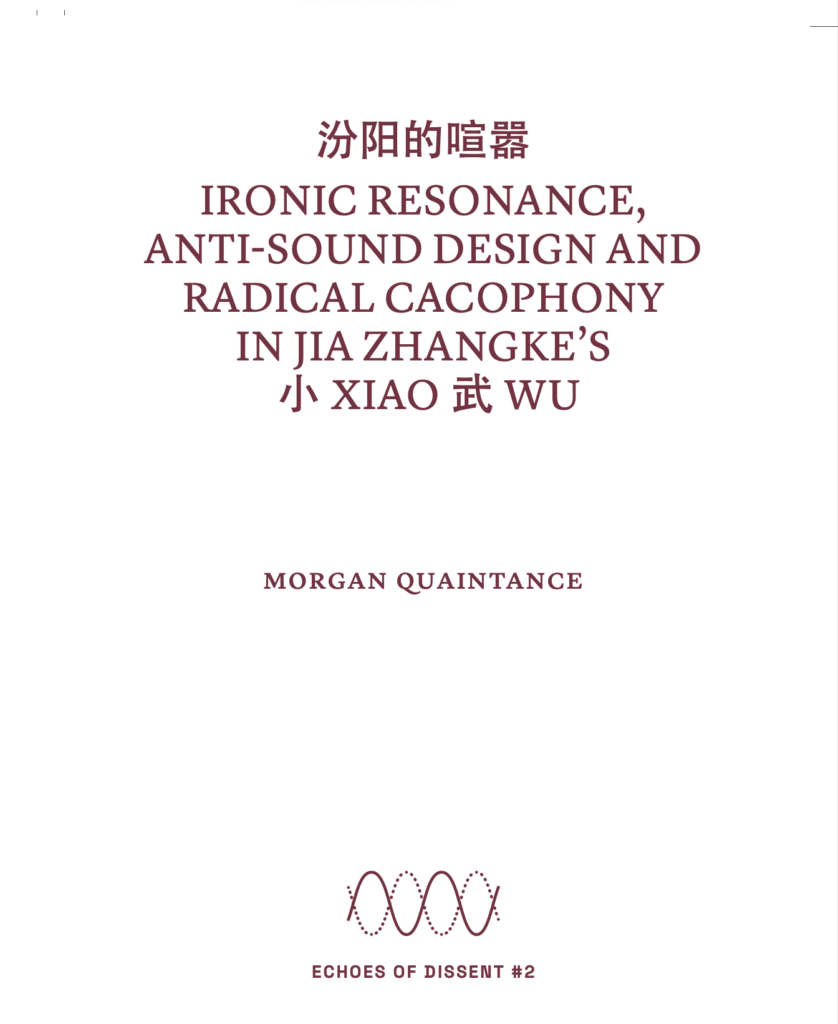Translation from Joris Ivens’ diaries, 30 June 1983. Not included in the publication In the Midst of the End of the World: António Reis and Margarida Cordeiro.
I have not yet had the opportunity to establish the kind of dialogue I would like to have with António Reis and Margarida Cordeiro, the directors of Ana.
I remember their previous film, Trás-os-Montes, which was unforgettable.
Watching Ana was a great emotional experience. It is a film that elevates the spirit, with a sensitivity, a finesse and a very particular poetic conception of the image.
All the strength of the film is already in the synopsis:
In those days…
The legend of the milk in the somber house.
Inner time.
Almost silence.
More than a legend, it is a tale, a secret dream that haunts us long afterwards.
“Inner time”, but also that cosmic dimension that infiltrates the film, and that “almost silence”, it’s true, the silence runs through the whole space. The natural silence of the gestures of the characters, adults and children, of their gazes. A. Reis and M. Cordeiro recreate time without leaving reality aside, a reality that is always the true source of artistic work, they are always very close to that source.
Inside the somber house, the light highlights some dark places. There are impressive effects, and it’s not Rembrandt, it’s not de la Tour!
On the other hand, outside, the colours are strong: yellow, green, they give all the strength to the landscape. A grandiose landscape, sometimes you see a character in the distance, running or walking, and that’s how the space acquires this immoderation. This reminded me a little of classical Chinese painting, which places man in the universe. The image of man in relation to the cosmos is one of the most profound reflections of Chinese philosophy, which says: “Heaven gives, earth receives, allows to grow, and man accomplishes”. It seems to me audacious on the part of Reis and Cordeiro, who are very close to current reality, and at times close to the documentary, to introduce this cosmic notion.
In Ana there is a proliferation of symbols, symbols that are also signs, a code: a history, mythology and the wise discourse of the professor. A flash-back of five thousand years! And Reis and Cordeiro have the courage to go back in time and space, and tell us: they are the same, they are the same people, they are the same movements of humanity that, in the end, return in this house, it is the cycle of life: the mountains, the water, the river, the relationship of man with nature, with animals.
It can be said that A. Reis and M. Cordeiro recreate time. Inside, always punctuated by the acts of everyday life, the naturally slow rhythm of glances, of gestures. For example, when Ana’s son sees his dead mother’s grave. The most moving moment is the image of Ana’s granddaughter, with her back turned, her hands slowly sliding down the wall. Reis and Cordeiro do not show us her face.
This film is an exaltation of life, but it also speaks of death. The wineskin, the raft, the boat, so many human interventions over the centuries that continue to condition us to the idea of death.
The symbol of the boat, source of life and death, establishes an almost natural relationship with Ana’s death. At the end of her life, as if on a ritual journey, Ana heads for a round lake, which seems to have been inserted into this fixed, flat landscape. It is these kinds of visions that come to mind when one thinks of peaceful, serene things. Like when Ana walks up and down those high steps. The sound of her clogs sounds like a destiny, like a fatality. Also my advanced age makes me feel that fatigue. I can understand Ana’s movements very well, one would say they are slow, but in reality they are extremely just, efficient, precise and measured in order to economise her strength.
Reis and Cordeiro use the wind as a dramatic element and not as an artifice: the wind caresses the trees or whips them. For example, in the first shot of the tracking shot, Ana’s granddaughter runs with the wind. In the background, we see the gusts. It’s incredibly beautiful.
I like the silences in this film. I like the silence that invades the places themselves, even if for a long time they are burdened with the presence of the characters who left them.
A. Reis and M. Cordeiro work with exceptional talent the memory of this film. The back and forth between the past and the present of the old woman. Ana’s time never imposes itself as a sublimated flashback, but is superimposed, it fits in, as in the appearance of the young woman dressed in white.





